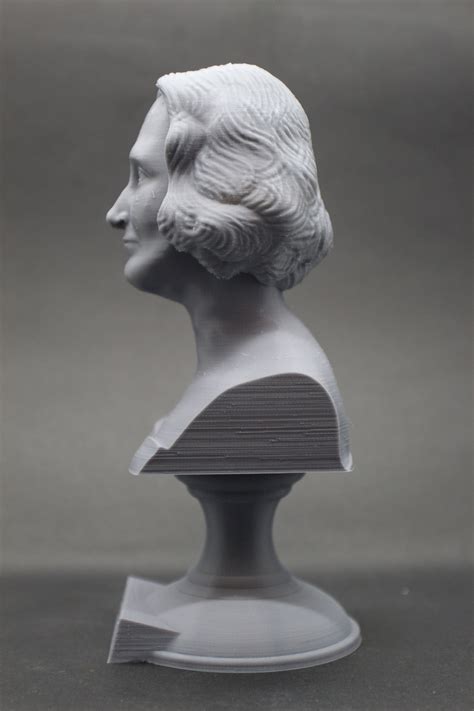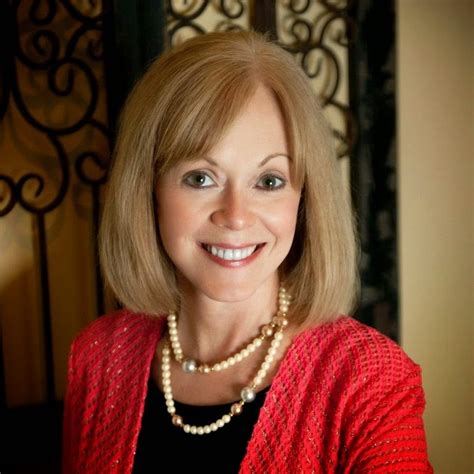A Quote by Mary Collyer
Oaths and curses are a proof of a most heroic courage, at least in appearance, which answers the same end.
Related Quotes
But in the end, science does not provide the answers most of us require. Its story of our origins and of our end is, to say the least, unsatisfactory. To the question, "How did it all begin?", science answers, "Probably by an accident." To the question, "How will it all end?", science answers, "Probably by an accident." And to many people, the accidental life is not worth living. Moreover, the science-god has no answer to the question, "Why are we here?" and, to the question, "What moral instructions do you give us?", the science-god maintains silence.
I am to consider the many advantages arising from a frequent use of oaths, curses, and imprecations. In the first place, this genteel accomplishment is a wonderful help to discourse; as it supplies the want of good sense, learning, and eloquence. The illiterate and stupid, by the help of oaths, become orators; and he, whose wretched intellects would not permit him to utter a coherent sentence, by this easy practice, excites the laughter, and fixes the attention, of a brilliant and joyous circle.
Which natural gift would you most like to possess? The ability to master other languages (which would have hugely enhanced the scope of these answers). How would you like to die? Fully conscious, and either fighting or reciting (or fooling around). What do you most dislike about your appearance? The way in which it makes former admirers search for neutral words.
One can never really give a proof of the reality of anything; reality is not something open to proof, it is something established. It is established just because proof is not enough. It is this characteristic of language, at once indispensable and inadequate, which shows the reality of the external world. Most people hardly ever realize this, because it is rare that the very same man thinks and puts his thought into action.
With kings, nations, and private individuals, the strongest assume to themselves rights over the weakest, and the same rule is followed by animals, by matter, by the elements, so that everything is performed in the universe by violence. And that order which we blame with some appearance of justice is the most universal, most absolute, most unchangeable, and most ancient law of nature.






































